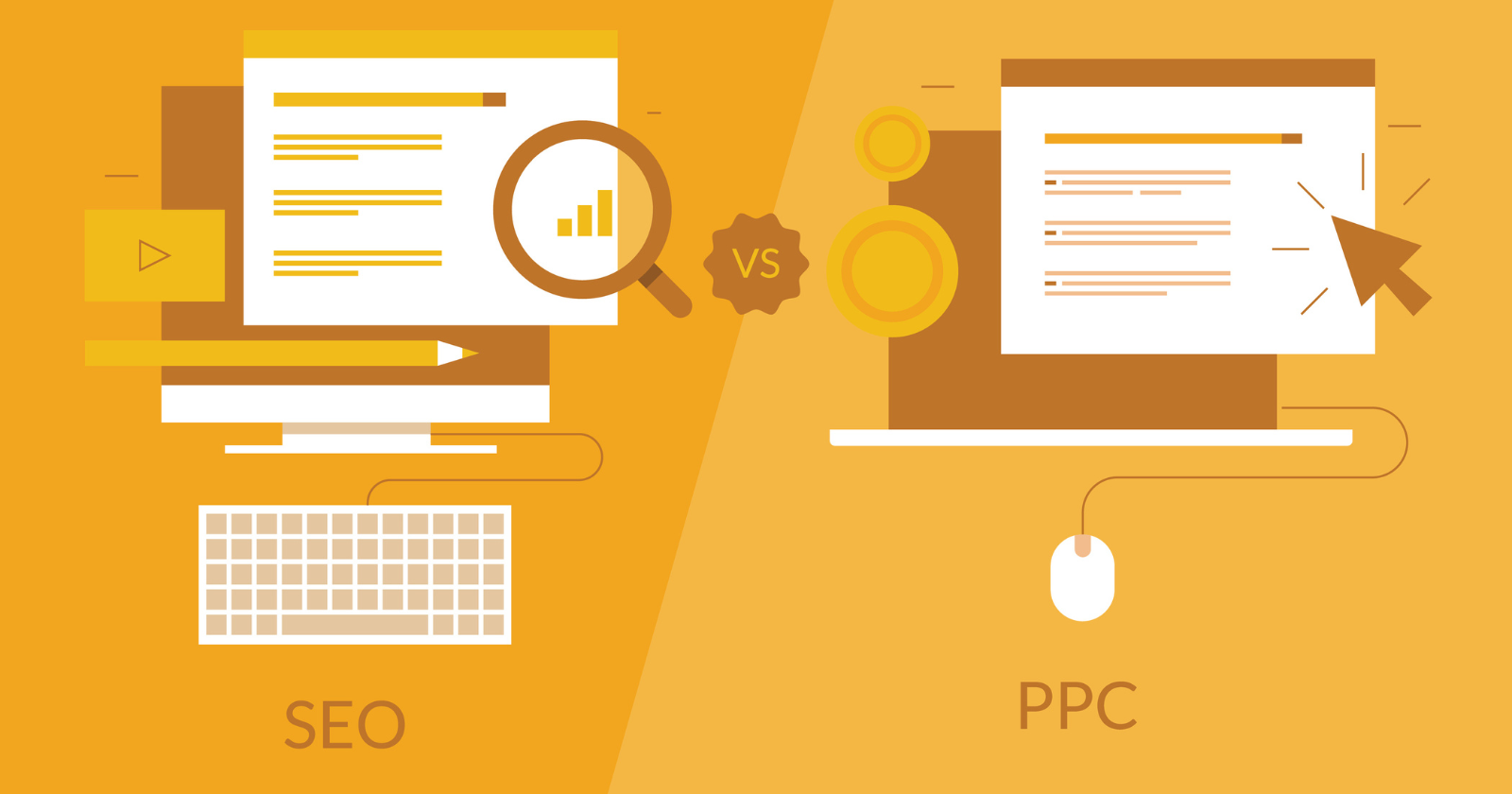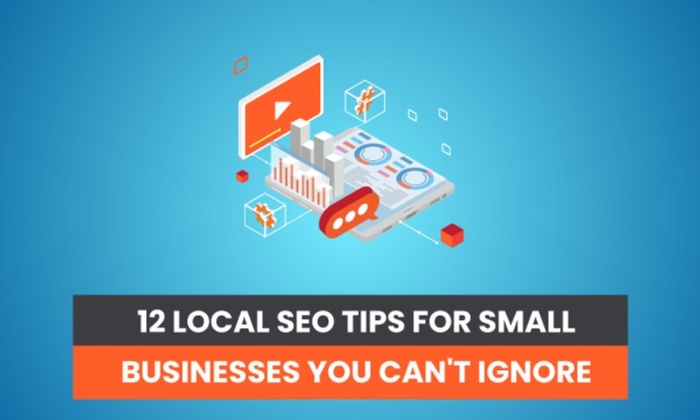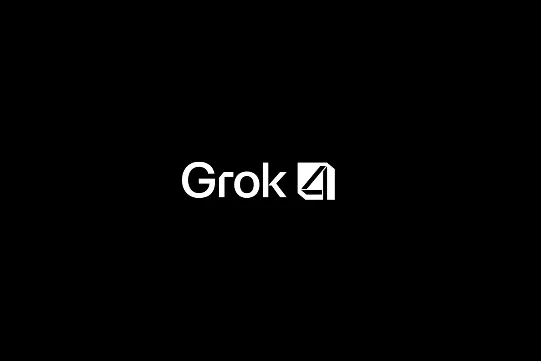How Do You Suggest A Business Invest In Paid Instead Of SEO? via @sejournal, @tonynwright
Should you cut your SEO for PPC? Do your analysis with the whole business in mind with advice straight from expert Tony Wright. The post How Do You Suggest A Business Invest In Paid Instead Of SEO? appeared first...

Today’s Ask An SEO question comes from Dean, who asks:
SEO is the buzz but many businesses don’t understand the turnaround to ROI.
We support paid media as a faster-acting strategy. With that in mind, how do you suggest a business invest in paid instead of SEO?
SEO and PPC and very rarely mutually exclusive.
In fact, study after study has shown that when used in conjunction with each other, organic and paid search produce better results than either channel alone.
Obviously, this statistic varies widely based on each company’s vertical, bidding strategies, and objectives.
There is no “typical” when it comes to search performance.
But there are best practices.
And for many years now, the best practice has been to run organic and paid search campaigns simultaneously.
Search is not a “zero-sum game.”
SEO And PPC Need To Talk To Each Other
Most issues that arise when PPC and SEO campaigns are run simultaneously can be avoided by simply opening lines of communication between SEO and PPC teams.
If you are a company with different agencies running your paid and organic programs, you’d best ensure those agencies can get along.
If one or both of the agencies you are using have an overlap in services with the other, expect some bluster and “marking of territory.”
Businesses can avoid this by setting clear boundaries for each agency and sticking to them.
This means that neither agency should see the other as a threat.
You want these groups working together, not against one another. The worst thing you can do is pit them against each other.
This goes for in-house teams as well.
If your PPC and SEO folks don’t sit down and talk regularly, you are most likely missing opportunities.
What About Cannibalization?
Cannibalization occurs when your PPC and SEO campaigns are bringing in the same visitors.
Obviously, you don’t want to pay for a visitor when that visitor will come to the site through organic search for “free.”
Cannibalization is real.
But it doesn’t waste as much money as most people think – and it’s frequently avoidable if the SEO and PPC teams are in communication.
The worst offending keywords for cannibalization are typically branded keywords.
In most cases, your visitors will find your site when searching for your brand, and you won’t have to pay to get them there.
But branded paid search converts better than anything else.
PPC practitioners know this.
Branded terms make PPC campaigns look good.
I highly encourage everyone to look at the data for your PPC program with branded terms and without.
There is a solid case for having branded terms in paid search. Paid search allows you to control the message in the search engine results pages (SERPs).
Bidding on a branded term to offer a special or highlight a unique selling proposition can significantly increase return on investment (ROI).
But there are cases where bidding on your name doesn’t bring in additional traffic and simply costs you money in cannibalized clicks.
The point is: You have to do your analysis with the whole picture in mind.
In Conclusion
Your organic and paid search campaigns affect your click-through rate in the SERPs.
Your paid and organic search people need to talk to each other and be willing to test things to see what actually works for your company.
It’s definitely not a great idea to just cut your SEO for PPC or vice-versa.
Both SEO and PPC have their place.
Frequently that place is running together.
More resources:
How Can I Build On SEO Knowledge To Be Better In PPC? 7 Ways SEO & PPC Can Help Each Other How to Use the Synergy Between PPC & SEO to Leverage CampaignsFeatured Images: Sammby/Shutterstock

 AbJimroe
AbJimroe 







![How To Write CTAs For B2B: A Call-To-Action Guide For Businesses [With 10 Examples] via @sejournal, @alexanderkesler](https://cdn.searchenginejournal.com/wp-content/uploads/2022/07/ctas-for-b2b-62daa4025a23f-sej.png)













![Run An Ecommerce SEO Audit in 4 Stages [+ Free Workbook]](https://api.backlinko.com/app/uploads/2025/06/ecommerce-seo-audit-featured-image.png)









